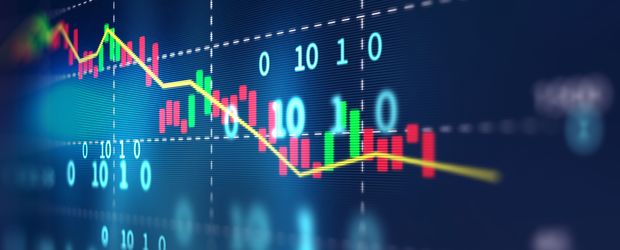NRW mechanical engineering
by Hans Diederichs

Only moderate decline in employment despite crisis
In the first six months of this year, the machinery and plant manufacturers in North Rhine-Westphalia recorded a significant nominal decline in sales of minus 11.9 percent compared to the same period last year.
Sales from foreign business were 15.7 percent and from domestic business 6.2 percent below the previous year's figures. The sales volume for this period reached 18.7 billion Euro.
"Despite these latest developments, the vast majority of North Rhine-Westphalian mechanical engineering companies are confident that by 2022 they will be able to return to the nominal sales level of 2019," says Bernd Supe-Dienes, Chairman of the VDMA NRW Executive Board.
Corona-related reduction of employees
The capacity utilization rate in production decreased from 85 to 77 percent during the same period. For this reason, many machine and plant manufacturers were forced to react and have therefore implemented personnel measures. More than 80 percent of the companies have made extensive capacity adjustments in the last six months. Around two thirds of the companies surveyed in NRW used short-time working, 63 percent imposed hiring freezes and 19 percent cut staff. At the end of June 2020, the mechanical and plant engineering sector in North Rhine-Westphalia employed 194,000 people in companies with more than 50 employees - a decline of 5,000 employees since January.
"Measured against the painful effects of the corona pandemic, the companies in NRW have tried to limit the job cuts. Particularly against the background of the fundamental lack of skilled workers and engineers, it was and is the aim of the companies to retain as many staff as possible even in these difficult times in order to be prepared for the time after Corona", explains Supe-Dienes.
Weak order situation
As expected, incoming orders in the first half of the year fell by 15 percent in real terms compared with the previous year. Declining incoming orders came both from Germany (minus 3 percent) and from abroad (minus 21 percent), with demand from the Euro countries falling by 8 percent and that from non-Euro countries by 26 percent.
"For the second half of the year, it is crucial to see how the pandemic develops worldwide. It is still not possible to predict when the situation will sustainably ease and the lost confidence in the markets will return," explains Supe-Dienes. "Courageous reduction of bureaucracy, a globally competitive tax burden and a commitment to open markets, that is what we want from politicians in order to prevent a wave of insolvencies and high unemployment in Germany".
Outlook
The low point in the current development seems to have been reached. According to the current ifo figures, the business climate as well as business, export and employment expectations are rising slightly again, even if they are still in negative territory. In addition to the corona pandemic, companies see further challenges for the future. These include above all the growing price competition as well as the unequal competitive conditions on the world market and the increasing protectionism of some countries.
Source: VDMA NRW Photo: Shutterstock

